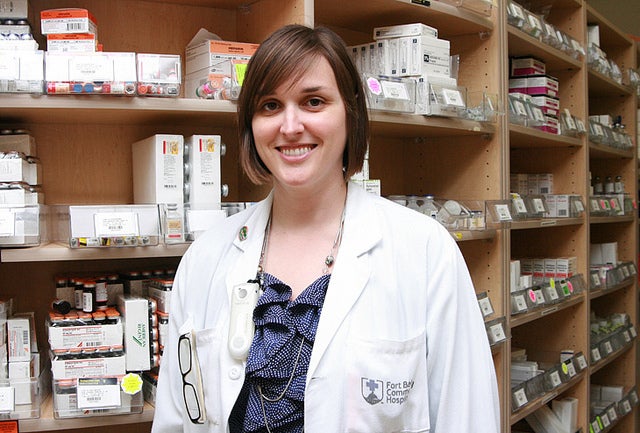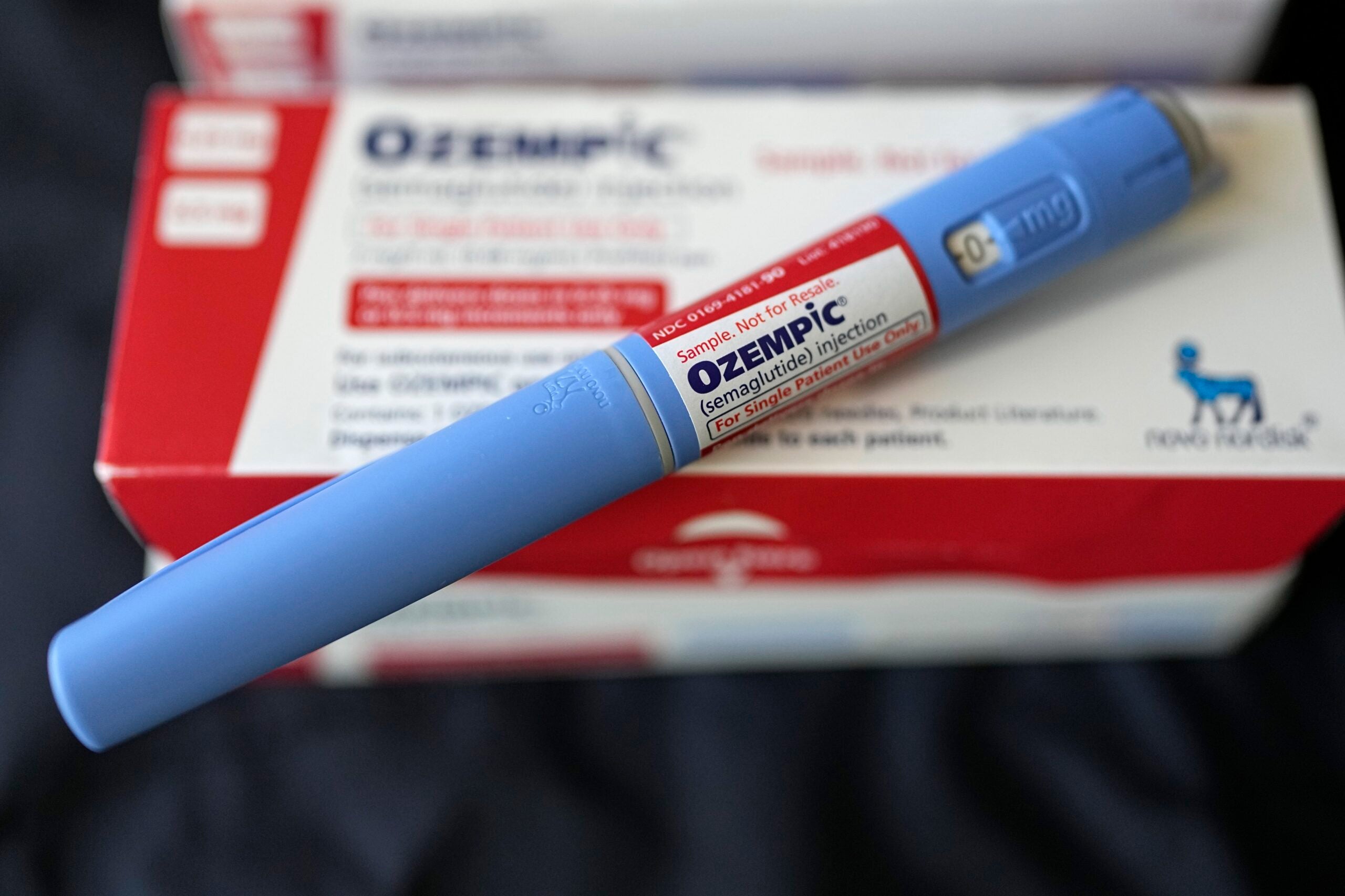Last week, I told you about a patient who was paying an exorbitant co-pay because the patient’s insurance company had changed drug-company contracts. You probably didn’t know this, but insurance companies get kickbacks (it’s called drug discounts) if they prescribe more than a certain amount of drugs from a given drug company.
Let me explain this a bit more.
Say, for example, Company X and Company Y both have a cholesterol pill that does the same job. They both want your insurance company’s business. So, they say to the insurance company if you prescribe more drugs from us, we will discount all of your drugs. That’s competition — and whether you like it or not — that’s the American system.
Stay informed on the latest news
Sign up for WPR’s email newsletter.
So, when your insurance company decides to do more business with Company Y they start hiking the co-pay price on drugs from Company X.
We clinicians are often informed of this, but the stuff really hits the fan when the patient goes to the pharmacy. That’s when you might find the co-pay or overall price of your drug has gone up — and up and up.
You need to take action.
Don’t depend on us, your health care team, because we aren’t given all the information. Even with a good electronic medical record, this information is hard to track.
So, I have several steps patients can take to keep their prescription drug costs in check.
Start with taking on the responsibility of finding out why costs go up when it happens. I have patients who say to me, “Why don’t you know? Why can’t you find out?”
The fact is, when it comes to insurance questions, I don’t want to take on that responsibility. Why? If I’m wrong then you’ll, rightfully, blame me. So — and I want to say this as nicely as I can — it’s your job to figure it out why your drug costs go up. And your best resource is the pharmacist; ask them first.
Now, the next scenario: You’re at the pharmacy and you’ve just been informed that your previously inexpensive pill has tripled in price. Do not — and I repeat this for emphasis — do not accept it. Do not take this from your pharmacist.
Once you pay for the prescription, it’s yours and they will not, can’t and shouldn’t take it back from you because they’d have to toss it out. So, instead ask, “Is there an alternative to this that’s cheaper? Can you call my doctor and ask? Why is it so much? What would you recommend?”
Last week, I shared a letter from a reader who learned that when her two blood pressure medications were prescribed as one combination tablet, the cost went up from $7 every month to a whopping $75. It was because the combination pill was a brand name.
In this case, a good pharmacist would tell her to get the pills separately because it would cost less.
By the way, nearly all combination pills manufactured today are more expensive than generics. There are exceptions but they are just that, exceptions.
Recent changes in pharmacy laws have allowed pharmacists to be front and center in this problem. They can, under certain defined circumstances, make a switch to a similar drug that’s on the formulary of a person’s insurance company.
But not all drugs are covered under these rules, and not all pharmacists are as good at doing this. So I caution you — buyer beware. It’s your health care dollar. Stay well.
Wisconsin Public Radio, © Copyright 2024, Board of Regents of the University of Wisconsin System and Wisconsin Educational Communications Board.







